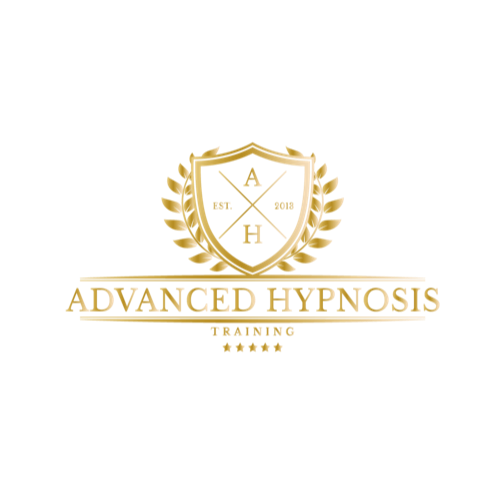
Working with kids and young adults
Offering hypnotherapy and coaching to children age nine and over
Young people generally respond brilliantly to hypnosis, which for any hypnotherapist, makes having them as clients, fun and incredibly rewarding. Below are some of the most common questions I get asked about my work with kids.
What issues do you deal with?
I deal with most of the major issues that seem to affect youngsters these days such as; various anxiety related issues (seperation anxiety, social anxiety, body image anxiety, generalised anxiety, performance anxiety etc.), anger issues, bullying (both as victim and perpetrator), refusing to go to school, stress, exam stress, depression, toilet issues, fear of sickness, habit removal, behavioural problems, confidence and self-esteem issues, OCD and more.
What issues do you not work with?
As I generally do not work with kids below a certain age, I tend to not work with those issues more closely associated with younger children. There are exceptions to this; if the parent or carer has exhausted other options, or if the adult or family members are former clients of mine. In these instances, we will discuss options before proceeding.
Please note. There are charities and specialist therapists specifically for children who are the victims of abuse. I will signpost you to these if the nature of the work is outside my remit.
Why do you only work with children nine and over?
There are a couple of reasons for this. Firstly, I prefer to approach my work with children in a manner that resembles how I interact with adults. I’ve observed that children aged approximately nine and above typically possess enough maturity to engage with me at a level where authenticity is maintained throughout our interactions. If your child is slightly younger, but are mature for their age and other therapy work has not been successful, we can discuss their situation. For all younger children, I can provide you with a number of reputable hypnotherapists who specialise in working with younger kids.
How many sessions will it take?
If the young client is confident and engaged and we are able to establish rapport quickly, change can happen in a very short space of time (depending on the issue obviously). Post session follow ups with young clients are not as straight forward as I will not communicate with them directly (with the odd exception). As such sometimes more structured sessions are necessary to keep progress on track. When parent/carer and the client are all committed to the work, you should notice change very quickly. To mitigate the inability to liaise with the client, I utiilise a number of online forms and exercises where I can monitor submissions and progress without the need for backward and forward communication.
Are appointments online or in-person?
Most of my sessions are conducted online via Zoom, but I do offer the option of face to face appointments either at my office or in Sidcup based therapy rooms. Occasionally, where there are travelling or technical issues, I will visit a client’s home (if they or their carer are housebound, refuse to travel and have poor connectivity etc.). If this is the case, an additional cost for time and travel expenses may be incurred.
Online sessions are ideal and allow children and young adults to feel safe in familiar surroundings. The downsides of working remotely are keeping the client focused and managing who is in the room or eavesdropping (which sometimes discourages the client from opening up). This and other things will be discussed in the free consultation.
How does working with young people differ to adult work?
I believe the best work happens when there is genuine rapport and both therapist and client are being open, honest and authentic. This is the same whether working with youngsters or adults. I treat the young client as a person and with the same level of respect as I would anyone else.
That said, I may goof around a little more with the younger clients, to put them at ease and establish that much needed rapport.
I do not assume the role of ‘child-therapist’ and communicate with them as I would anyone else. This normally results in a healthy level of engagement and quick and transformative results.
Protecting youngsters, creating safe spaces
Safeguarding the client and therapist
It is very important that all my young clients feel safe in my company and assured that any information shared is treated with the utmost level of discretion and confidentiality.
Unfortunately, there are instances where the parent, carer or another family members may be contributing (normally, unwittingly) to a problem. It is important that a young client can communicate this freely without hurting a loved ones feelings (or compromising their own safety). To safeguard both the client and myself, I suggest that all sessions are recorded and in this way, the adult does not have to be in the room. In the event of any accusations being made against me, or a third party, the recording will be used as supporting evidence.
I’d Love to Help
As a parent to three kids myself (one in their early twenties and two teenagers), I know only too well that kids do not always want to listen to mum and dad or talk to them about their problems.
Sometimes, and with all the best intentions, we simply are unable to help the ones we love the most. The truth is, even the best and most experienced and successful therapists, face the same issues with their children as everyone else does and when this happens, will turn to other professionals to help.
Even children of the best parents in the world sometimes need help. If this is the situation you are in now, try not to judge them or yourselves.
I’d love to help, but if I am not the right for you, will help you find the therapist who is.
Get in touch
Call
(+44)-203-3756836
info@advancedhypnosistraining.co.uk
Address
Satis House, 24 Crescent Road, Sidcup, DA15 7HN
Hours
Mon – Thur: evenings only
Weekends: please enquire here
